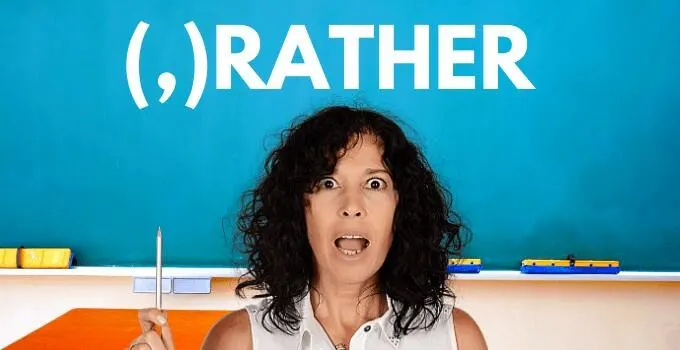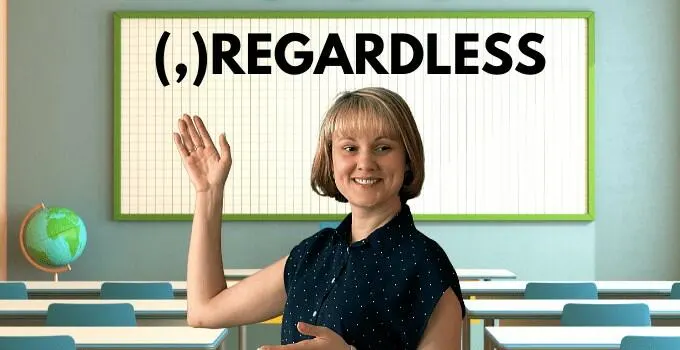Commas are tricky creatures. A lot of the time, whether you use them or not depends on how important the following information is. So, if the information you provide is critical to the meaning of the sentence, then you shouldn’t use a comma. For instance, when talking about your oldest brother, you should say, “My …
Comma
Do You Need a Comma Before “Then”? You need a comma before then in sentences that have conditional clauses (aka, ‘if/then’ statements). A comma is also needed when ‘then’ separates two independent clauses. If you’re omitting ‘and’ or ‘but’ before ‘then,’ include a comma for clarity, even without two independent clauses. Dividing Two Conditional …
We’ve already seen how confusing commas can be. We’ve talked about curious adverbs such as “regardless,” and we’ve scrutinized polysemic words, aka words that have more than one meaning, including the word “rather.” However, not all polysemic words should be treated in the same manner. What applies to a word like “rather” might not apply …
Punctuation is all about meaning, this also holds true when talking about today’s topic: ‘Comma before rather.’ Though it may appear that strict rules must be followed, their purpose is to clarify the meaning for the reader and simplify their lives. For instance, a classic example that you can find online goes like this. Let’s …
Commas are confusing creatures. You don’t know when to use them and when to ditch them. Nevertheless, you must learn when to add a comma to your sentence if you want to make your writing more legible. You see, a big part of using commas revolves around the meaning of a sentence and the information …





